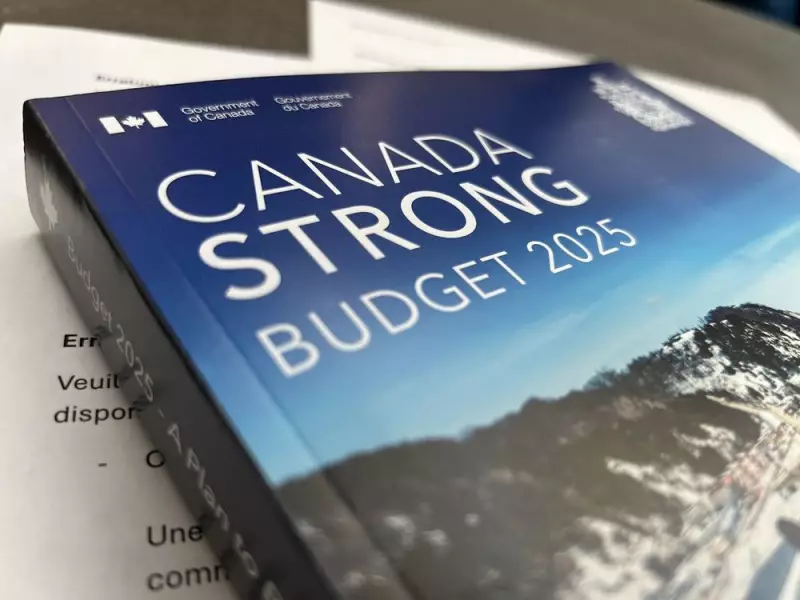
Canada's business community is delivering a mixed verdict on the federal government's 2024 budget, with significant concerns about tax changes overshadowing some welcomed initiatives.
Capital Gains Changes Spark Investor Anxiety
The most contentious element receiving widespread criticism is the increase in the capital gains inclusion rate. The move to tax two-thirds of capital gains above $250,000 for individuals has business leaders warning it could stifle investment and entrepreneurship.
"This change creates uncertainty for investors and entrepreneurs who take significant risks to grow their businesses," said Goldy Hyder, President of the Business Council of Canada. "We're concerned about the long-term impact on Canada's competitiveness."
Housing Measures Receive Cautious Support
While tax changes drew fire, several housing initiatives found support across the business spectrum. The budget's focus on increasing housing supply through various construction incentives and regulatory changes was acknowledged as addressing a critical economic challenge.
"The housing crisis is affecting business productivity and workforce mobility," noted a retail association representative. "Any meaningful action on supply is a step in the right direction."
Spending Concerns Amid Economic Uncertainty
Many business groups expressed apprehension about the budget's spending levels, particularly given current economic headwinds. With inflation still above target and interest rates remaining elevated, some worry the government's fiscal approach could complicate the Bank of Canada's efforts to control prices.
"Substantial new government spending risks adding fuel to inflationary pressures," cautioned the Canadian Chamber of Commerce in their analysis. "This could delay interest rate relief for businesses and households."
Innovation Sector Sees Silver Linings
Technology and innovation sectors found some positive elements, particularly around research and development funding and support for emerging industries. The extension of the Scientific Research and Experimental Development tax incentive and new funding for artificial intelligence initiatives received qualified support.
"Investments in AI and clean technology recognize where future economic growth will come from," said a technology association director. "But we need to ensure the overall tax environment doesn't drive talent and capital elsewhere."
The overall business reaction suggests the 2024 budget creates both opportunities and challenges for Canada's economic future, with implementation and global competitiveness remaining key concerns moving forward.






